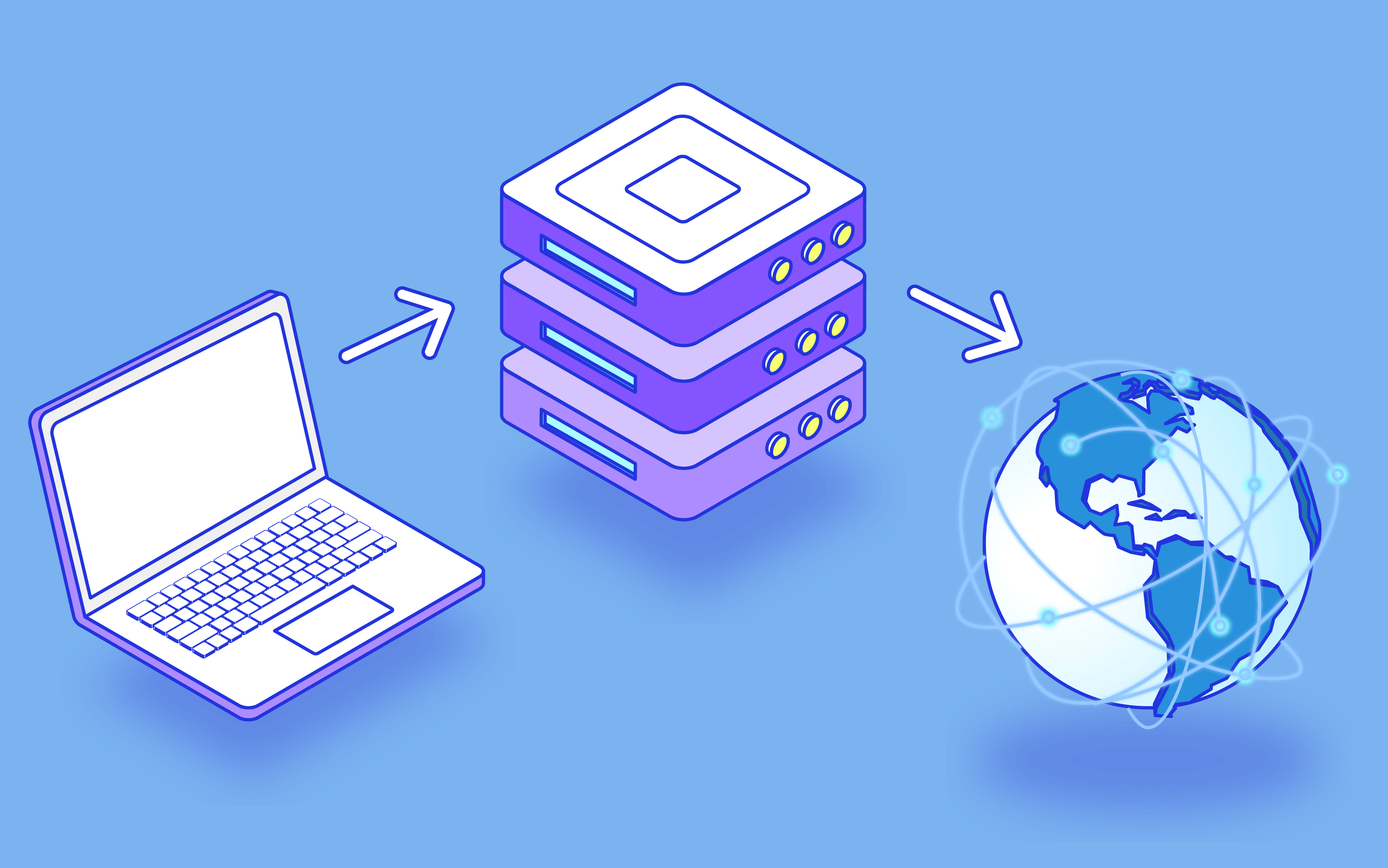Debunking Myths: What Proxy Servers Can and Cannot Do

In the current online environment, proxy services have become a subject of interest and ambiguity for a lot of web surfers. As our online lives becoming increasingly intertwined with concerns about privacy and safety, understanding what proxy servers can actually do is important. There are many misconceptions, and misinformation can lead to misguided expectations about how these technologies operate. This article aims to clarify the truth of proxy servers, helping you understand their operations, benefits, and drawbacks.
Proxy servers act as bridges between individuals and the internet, providing various gains for both private and enterprise applications. Yet, not everything you hear about them is correct. From boosting Check out the post right here to facilitating access to region-locked content, proxy servers have numerous applications. Yet, their effectiveness can differ significantly depending on the kind of proxy and how it is set up. Join us as we dispel popular myths about proxy servers and explain what they can and cannot achieve.
Grasping Proxy Servers and Their Functions
Such servers act as mediators connecting a user's device and the internet. As soon as a user establishes a connection to the internet using a proxy server, their requests are directed through the proxy before reaching the target website. This process hides the user's IP address, providing a level of secrecy and safety. Essentially, a proxy server gathers data from the internet for the user, making it appear as though the request is coming from the proxy rather than from the user's device.
There are multiple categories of proxy servers, every one serving distinct purposes. For instance, HTTP proxies are often used for web traffic, while SOCKS proxies can manage diverse types of traffic, including email and video streaming. Transparent proxies do not modify requests or responses, typically used in organizational networks for content filtering. Knowing these separate types helps users select the suitable proxy server to meet their specific needs, whether for privacy, security, or content access.
The functions of proxy servers broaden past anonymity. They can enhance online security by screening harmful content, preventing access to malicious sites, and safeguarding sensitive data. Moreover, More help improve internet performance by caching frequently accessed content, lowering load times, and minimizing bandwidth usage. This complex role demonstrates how proxy servers are vital tools for individuals and businesses aiming to optimize their online activities and safeguard their information.
Benefits and Risks of Utilizing Proxy Servers
Proxy services offer a number of advantages for individuals looking for enhanced online privacy and security. By routing internet connections through a server, users can hide their IP addresses, making it more challenging for sites and online platforms to monitor their actions. This increased disguise can be especially beneficial for those who prioritize their privacy while surfing or participating in online activities. Furthermore, proxy services can assist individuals overcome geo-restrictions, allowing access to materials that may be unavailable in their region, such as streaming platforms or certain websites.
On the other hand, there are also risks connected with using proxy servers, particularly when opting for complimentary or unreliable providers. Free proxies often have inadequate security measures and can leave individuals to information leaks or malicious attacks. Individuals may find their personal information at risk when using unsecured proxies, making it important to choose a trustworthy service. Additionally, dependence on proxies can lead to reduced connection rates, particularly when accessing bandwidth-intensive content, which may reduce from the overall online satisfaction.
Moreover, it's vital to acknowledge that not every proxies provide the identical degree of protection against hackers and cyber threats. Although a server can hide IP addresses and provide anonymity, it doesn’t automatically encrypt data, which is a key feature for secure online interactions. Therefore, users must weigh the pros and disadvantages carefully and reflect on their unique requirements and situations when deciding whether to utilize a proxy server.

Proxy servers in Different Applications
Proxy servers have a variety of uses in various areas, providing crucial functions that improve the online experience and safety. Within the realm of cyber security, companies use proxy servers to create an additional layer of defense against cyber threats. By routing data through a proxy server, organizations can observe and control information flow, effectively managing threats and safeguarding confidential information. Moreover, proxies can limit staff entry to specific sites, ensuring a focused work environment and enhancing overall efficiency.
A significant application of proxies is in content access, particularly for bypassing geographic restrictions. click to access region-locked media on platforms such as Netflix and Hulu, allowing for a more diverse viewing experience without being limited by geography. Numerous choose specialized proxies designed for streaming to maintain high bandwidth and performance, ensuring smooth watching without interruptions. This has made proxies a popular choice for individuals looking to explore an broad range of online content that would otherwise be unavailable.
Within data scraping and market analysis, proxy servers are invaluable tools for businesses and individuals alike. They allow users to collect data from multiple websites without raising red flags that would lead to bans or restrictions. By employing multiple proxy servers, scrapers can distribute their requests, mimicking genuine user actions and thus avoiding detection. This capability gives companies a strategic advantage by enabling them to obtain insights and analytics from rivals rapidly and effectively, reinforcing the role of proxies as a vital resource in modern data-centric approaches.
